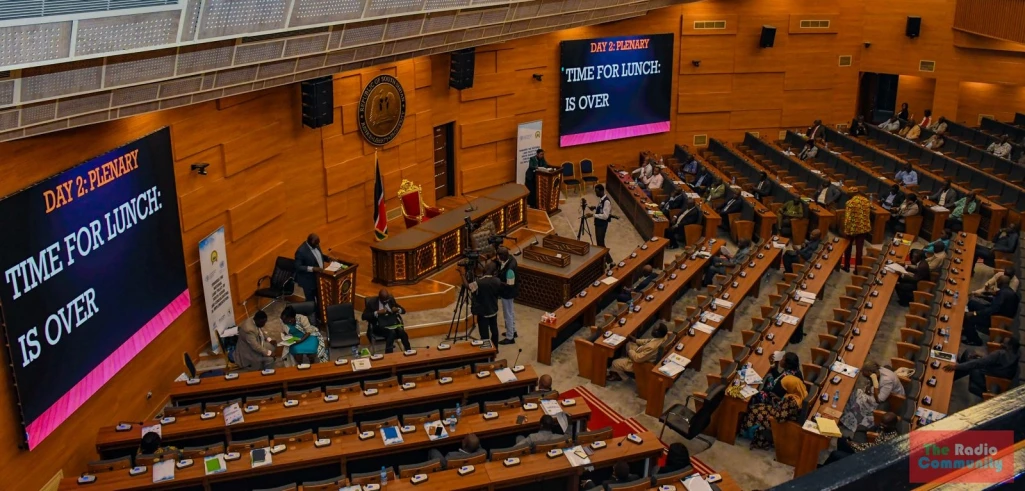
The National Land Policy draft has been evaluated by stakeholders in an
effort to establish responsible land governance, which will support tenure
security for increased land productivity and sustainable development.
Legislators, traditional and religious authorities, national and
international stakeholders, and communities actively participated in the review
during a two-day consultative workshop on Wednesday.
The South Sudan Land Commission began the process of developing a land
policy in 2006, but the conflicts in 2013 and 2016 delayed the final review and
adoption of the policy.
The 56-page document outlines the creation of a foundation for sector
policies aimed at promoting sustainable economic development, managing
competing demands for land and land-based resources, and resolving disputes
related to land.
It proposed the enactment of new laws, which include the Community Land Act,
Public Land Act, Land Registration Act, Land Commission Act, Physical Planning
Act, Land Survey Act, Climate Change Act, and Family Law.
Robert Bima Loki, the chairperson of the Sudan Land Commission, expressed
optimism that, once adopted, it would help attract foreign investors.
“Now, it is very good; they know what areas they need to improve, and once
it is passed, we will see a lot of changes in the land regime and investment,”
Bima told reporters at the closing of the workshop on Thursday in Juba.
Bima stated that the policy will address land grabbing issues in major towns
in the country.
“There is a lot of corruption happening, land grabbing, and a lot of
malpractice. So, by having a policy, we will be able to legislate other laws
that will put our land regime under constant check. And we will work towards
progress and development,” Bima stressed.
“This land grabbing is disturbing people, and there are certain chiefs
around Juba and other places who are acting as a government. They take the land
they sell, and they make a profit. This is causing a lot of inconvenience.”
The chairperson further stated that the policy seeks to address processes
for family access to land ownership.
“We also must take care of the gender issue. We also need to take care;
there are single mothers, there are widows, and there are women who are not
married, so you cannot deprive them,” he emphasized.
According to Article 32 of the Transitional Constitution of the Republic of
South Sudan, the people own all land and the government will regulate it.
However, the law prompts varying opinions from the public regarding
"Who owns the land?"